A doubtful friend is worse than a certain enemy. Let a man be one thing or the other, and we then know how to meet him
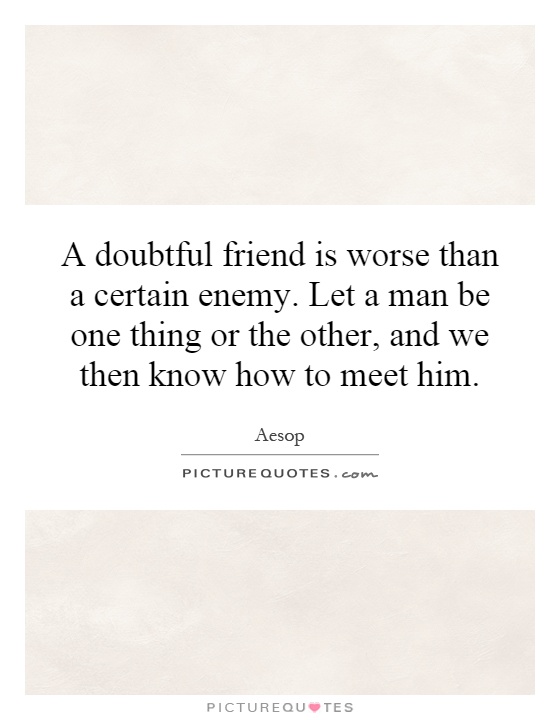
A doubtful friend is worse than a certain enemy. Let a man be one thing or the other, and we then know how to meet him
In the world of Aesop's fables, the concept of trust and loyalty is a recurring theme. The quote "A doubtful friend is worse than a certain enemy. Let a man be one thing or the other, and we then know how to meet him" speaks to the importance of clarity and honesty in relationships. Aesop often used animals as characters in his fables to convey moral lessons, and this quote can be applied to many of his stories.One such fable is "The Wolf in Sheep's Clothing," where a wolf disguises himself as a sheep in order to deceive the shepherd and attack the flock. In this story, the wolf is a doubtful friend, pretending to be something he is not in order to gain the trust of others. The shepherd is unable to discern the wolf's true intentions until it is too late, highlighting the danger of trusting someone who is not genuine.
On the other hand, Aesop also tells the story of "The Lion and the Mouse," where a lion spares a mouse's life and is later saved by the mouse when he is caught in a hunter's net. In this fable, the lion and the mouse are clear about their roles as predator and prey, but their actions towards each other ultimately lead to a mutually beneficial relationship. The lion and the mouse are certain enemies, but their honesty and loyalty to each other allow them to work together for a common goal.

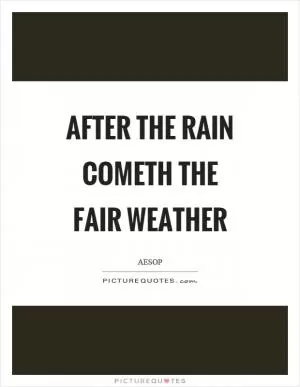
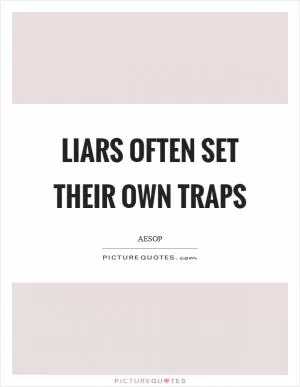
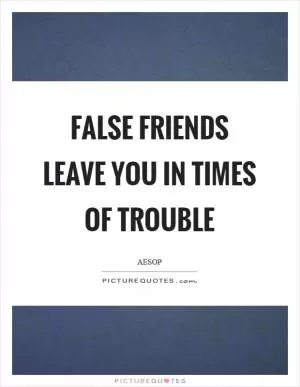
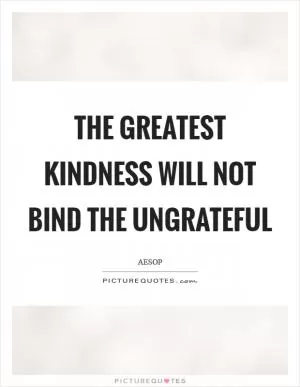
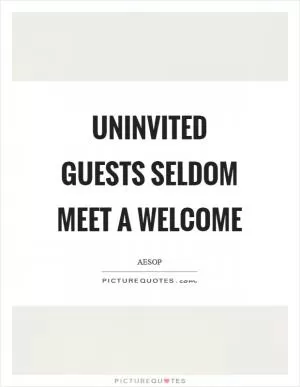
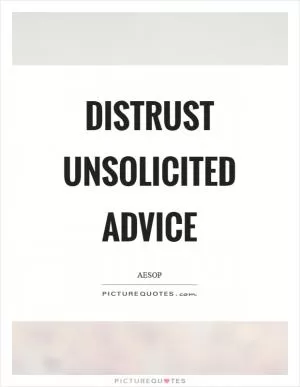
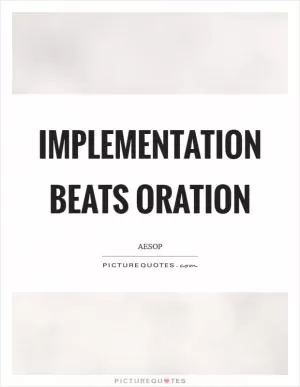
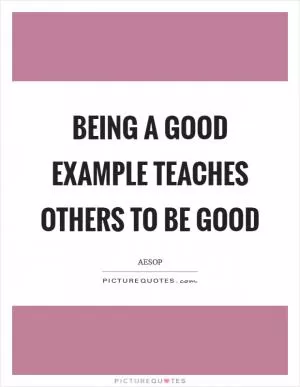
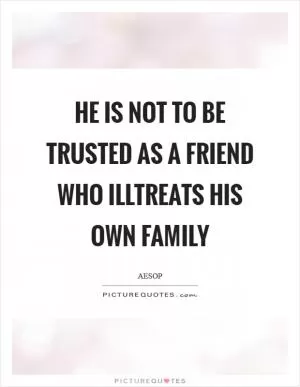
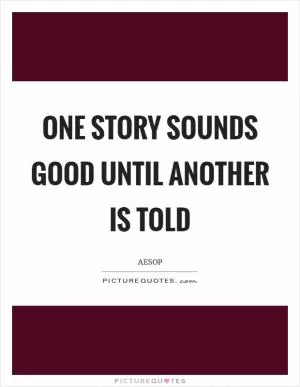

 Friendship Quotes
Friendship Quotes Love Quotes
Love Quotes Life Quotes
Life Quotes Funny Quotes
Funny Quotes Motivational Quotes
Motivational Quotes Inspirational Quotes
Inspirational Quotes